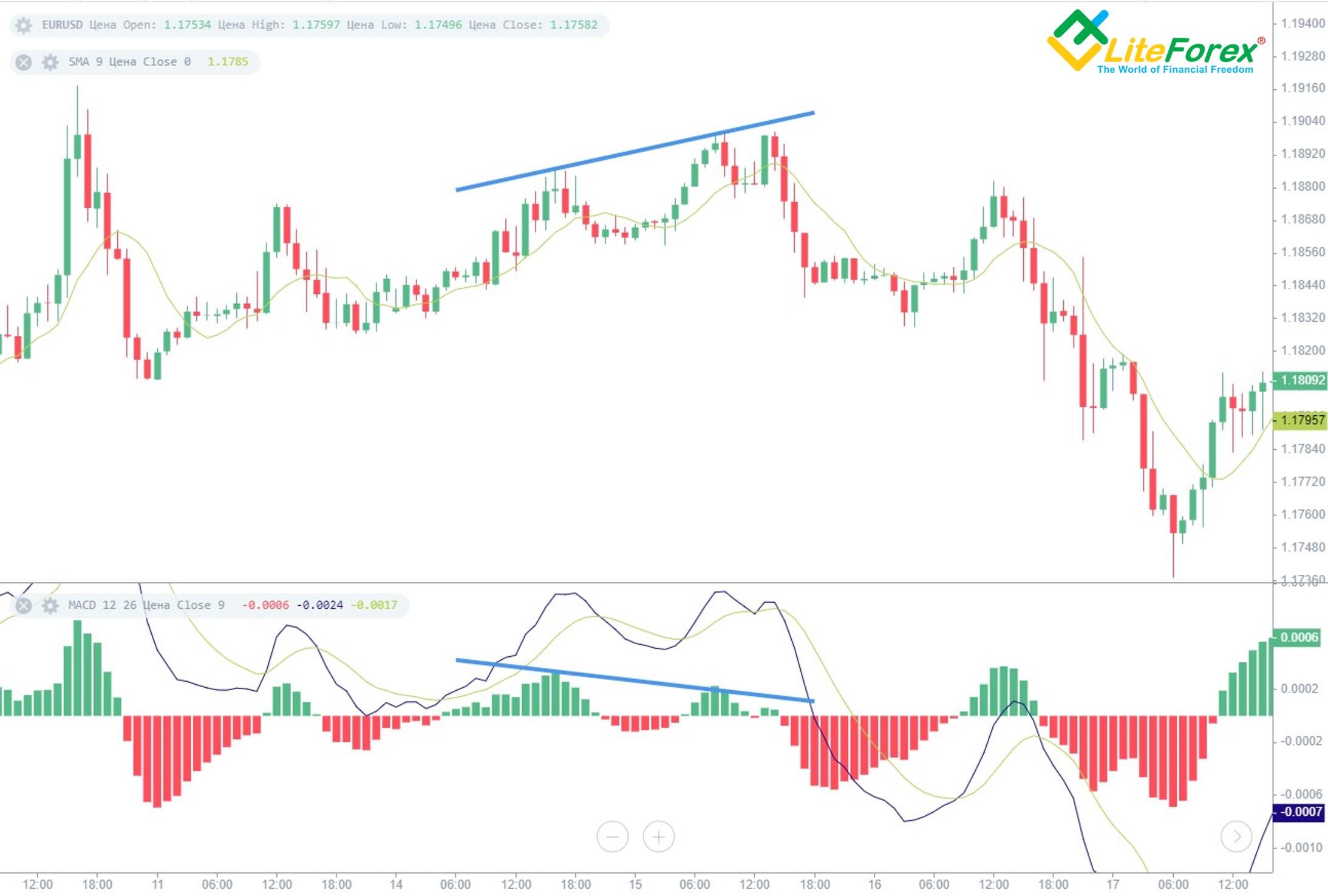
If you're wondering how the tax rate on qualified vs ordinary dividends changed after the Tax Cuts and Jobs Act, read this article. We'll be discussing the differences in ordinary and qualified dividends as well the holding periods and changes to the TCJA. After reading this article you will be able make informed decisions about your tax obligations. This article will focus on the most important tax codes related to dividends.
Dividends have tax implications
When discussing stock investments, you might have heard the terms "qualified" and "ordinary dividends." While both types may be considered income in the context of stock investments, there are significant differences. The tax rates and the way they should be used will differ depending on whether ordinary or qualified dividends are being received. For example, if Company X shares earn $100,000, but you only get $2 per share you will pay 37% on the $100,000. The difference is that if you are only paid $1 per share by the same company you can expect to pay only $2. That's more than half off your tax bill.
Qualified dividends are the ones you get from a company during a tax year. Qualified dividends can be received from a company in quarterly payments. You should consider the difference between qualified and ordinary dividends to decide which one to use. Qualified dividends, for the most part come from stocks that were in business for longer than one year. These are paid by either a U.S. corporation or a foreign corporation, and they are not like ordinary dividends.

TCJA changes tax rates to qualified vs. normal dividends
The new TCJA has radically altered tax rates for flow-through and C corporations. Although many small businesses may be considering switching to partnerships, the new law has several benefits for C-corporations. One notable change is the flat 21 per cent tax rate for corporations. This is a significant decrease from the old top rate of 35%. The 20% QBI deduction will be available to flow-through businesses, which could make them particularly attractive.
The Tax Cuts and Jobs Act, (TCJA), also changed the tax rate on certain types and types of dividends. The majority of businesses can now decide when and how often they pay dividends. Many companies now choose to pay dividends quarterly, although these plans can change at any time. Section 199a was also added to the tax law. This section allows for deductions for domestic public partnership and REITs.
Qualified vs. ordinary dividends holding period
This information will help you determine whether or not you should receive the tax advantages of ordinary and qualified dividends. First, it is important to know that qualified distributions are not capital gains distributions. Second, qualified dividends must be held for a certain period of time in order to qualify. You must keep your stock in good condition for at least 60 calendar days to be eligible for qualified dividends. This is to prevent stockholders from selling and buying stock too quickly. Third, qualified dividends will be subject to lower taxes.
Finally, knowing when you can sell shares is essential when trying to determine which dividends will qualify for tax benefits. You must know the exact date that a stock was acquired or sold to determine when it qualifies for tax benefit. You can then claim both types of dividends. By comparing the holding periods of ordinary and qualified dividends, you'll find out which one is right for you.

Tax rates on ordinary vs qualified dividends
The tax rates on ordinary and qualified dividends differ only in a small way. Ordinary dividends pay ordinary income taxes. Qualified dividends do not attract tax for those in the 0%-15% income tax bracket. 15% tax will be charged to investors in the 15%-37% income tax bracket. And those in the highest tax bracket will be taxed at 20%.
It's possible to wonder whether you should buy stocks or shares if you have earned income from the company's sale. Dividends from companies are subject to a lower tax rate than other income. The best way to find the right type of dividend for you is by reviewing your tax returns to see how much you made from investing. You also have capital gains tax rates for dividends.
FAQ
Who can trade on the stock exchange?
The answer is yes. There are many differences in the world. Some have better skills and knowledge than others. They should be rewarded for what they do.
Trading stocks is not easy. There are many other factors that influence whether you succeed or fail. If you don’t have the ability to read financial reports, it will be difficult to make decisions.
You need to know how to read these reports. Understanding the significance of each number is essential. It is important to be able correctly interpret numbers.
You'll see patterns and trends in your data if you do this. This will help you decide when to buy and sell shares.
If you're lucky enough you might be able make a living doing this.
How does the stock markets work?
Shares of stock are a way to acquire ownership rights. The company has some rights that a shareholder can exercise. He/she may vote on major policies or resolutions. He/she may demand damages compensation from the company. He/she may also sue for breach of contract.
A company cannot issue more shares than its total assets minus liabilities. This is called capital sufficiency.
A company that has a high capital ratio is considered safe. Low ratios make it risky to invest in.
What is a bond?
A bond agreement is a contract between two parties that allows money to be transferred for goods or services. Also known as a contract, it is also called a bond agreement.
A bond is typically written on paper and signed between the parties. This document contains information such as date, amount owed and interest rate.
When there are risks involved, like a company going bankrupt or a person breaking a promise, the bond is used.
Bonds are often used together with other types of loans, such as mortgages. This means the borrower must repay the loan as well as any interest.
Bonds can also raise money to finance large projects like the building of bridges and roads or hospitals.
A bond becomes due upon maturity. This means that the bond owner gets the principal amount plus any interest.
If a bond isn't paid back, the lender will lose its money.
How are shares prices determined?
Investors set the share price because they want to earn a return on their investment. They want to make a profit from the company. They then buy shares at a specified price. Investors make more profit if the share price rises. If the share price falls, then the investor loses money.
An investor's primary goal is to make money. They invest in companies to achieve this goal. It helps them to earn lots of money.
What is security in a stock?
Security is an investment instrument whose worth depends on another company. It can be issued as a share, bond, or other investment instrument. If the asset's value falls, the issuer will pay shareholders dividends, repay creditors' debts, or return capital.
What is the difference in the stock and securities markets?
The securities market refers to the entire set of companies listed on an exchange for trading shares. This includes stocks, options, futures, and other financial instruments. Stock markets can be divided into two groups: primary or secondary. Primary stock markets include large exchanges such as the NYSE (New York Stock Exchange) and NASDAQ (National Association of Securities Dealers Automated Quotations). Secondary stock markets are smaller exchanges where investors trade privately. These include OTC Bulletin Board Over-the-Counter and Pink Sheets as well as the Nasdaq smallCap Market.
Stock markets are important because it allows people to buy and sell shares in businesses. It is the share price that determines their value. The company will issue new shares to the general population when it goes public. Dividends are received by investors who purchase newly issued shares. Dividends are payments that a corporation makes to shareholders.
Stock markets not only provide a marketplace for buyers and sellers but also act as a tool to promote corporate governance. Shareholders elect boards of directors that oversee management. Boards make sure managers follow ethical business practices. In the event that a board fails to carry out this function, government may intervene and replace the board.
What role does the Securities and Exchange Commission play?
SEC regulates the securities exchanges and broker-dealers as well as investment companies involved in the distribution securities. It also enforces federal securities laws.
What is security in the stock exchange?
Security is an asset that generates income. Shares in companies are the most popular type of security.
A company could issue bonds, preferred stocks or common stocks.
The earnings per share (EPS), as well as the dividends that the company pays, determine the share's value.
Shares are a way to own a portion of the business and claim future profits. You receive money from the company if the dividend is paid.
You can sell shares at any moment.
Statistics
- The S&P 500 has grown about 10.5% per year since its establishment in the 1920s. (investopedia.com)
- US resident who opens a new IBKR Pro individual or joint account receives a 0.25% rate reduction on margin loans. (nerdwallet.com)
- Ratchet down that 10% if you don't yet have a healthy emergency fund and 10% to 15% of your income funneled into a retirement savings account. (nerdwallet.com)
- For instance, an individual or entity that owns 100,000 shares of a company with one million outstanding shares would have a 10% ownership stake. (investopedia.com)
External Links
How To
How do I invest in bonds
You need to buy an investment fund called a bond. Although the interest rates are very low, they will pay you back in regular installments. This way, you make money from them over time.
There are many options for investing in bonds.
-
Directly buying individual bonds.
-
Buy shares of a bond funds
-
Investing through an investment bank or broker
-
Investing through a financial institution
-
Investing via a pension plan
-
Invest directly through a broker.
-
Investing in a mutual-fund.
-
Investing with a unit trust
-
Investing using a life assurance policy
-
Investing in a private capital fund
-
Investing through an index-linked fund.
-
Investing in a hedge-fund.